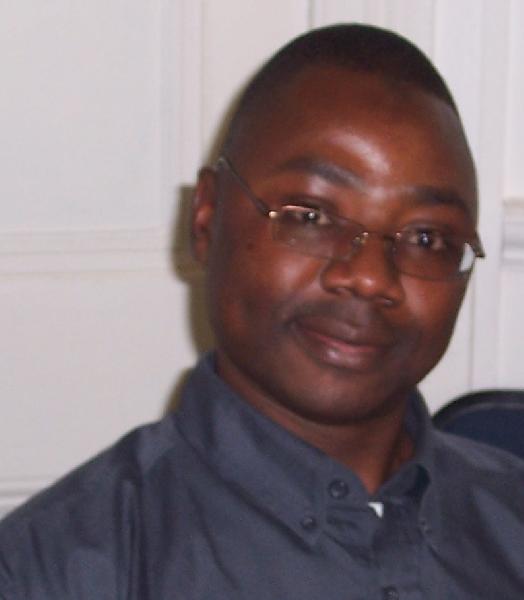
Dr Issaka K Souaré of the Institute for Security Studies visited the Department of Political and international Studies last week. Author of a number of books, including 'Africa in the United Nations System 1945 -2005', he presented a seminar on Friday entitled “The Challenge of Unconstitutional Change of Government in Africa”.
Unconstitutional Change of Government (UCG) is a new term, encompassing, according to the African Union (AU) definition, military coup, mercenary intervention, or the replacement of a democratically elected government by dissidents or rebel movements. Also included in the term is the refusal, by an incumbent government, to relinquish power to a winning party after free and fair elections, and the amendment or revision of legal instruments in infringement on the principles of democratic change of government.
The AU's definition is thorough but fairly unwieldy. Dr Souaré has developed his own more succinct version: “UCG is an illegal seizure of the highest level of power by a limited number of military officers in a more or less violent or peaceful covert operation that does not exceed a few days.” (Souaré 2006)
Why does UCG occur in Africa? Many theories to answer this question were developed in the so-called 'heyday of coups', the 1960's. These theories often gave the impression that coups are an African phenomenon. Not so, says Souaré, citing the number of coups that have occurred in, for example, Latin America. Some of these theories cited the social and political environment, saying that due to recent transitions to independence, the military was more likely not to settle under the yoke of a democratically elected government.
The so-called 'contagion' theory speculated that a successful coup creates a ripple effect with attempts being made in surrounding countries. Zolberg and Decalo suggested that the cause of coups is idiosyncratic; they cannot be predicted, merely analysed in retrospect. Sometimes, they suggest, it is more interesting to look at where a coup did not happen, and ask why.
The AU considers bad governance (such as the manipulation of constitutions) as being the cause of UCG. The AU policy is that UCG is severely frowned upon, and the country concerned is condemned. The body suspends the country for six months, and during this period liaise with the new ruling party to see how, and if, they plan to restore constitutional order. If this fails, targeted sanctions are imposed, such as happened in Mauretania following the 2008 UCG.
Dr Souaré discussed the pros and cons of this rationale, and ended by endorsing the AU policy. He suggests a pragmatic outlook, and that the AU continues to disallow self-legitimism. He also recommends the institution of a binding continent-wide policy, valid for 30 years, on two term limits for presidential mandates.
